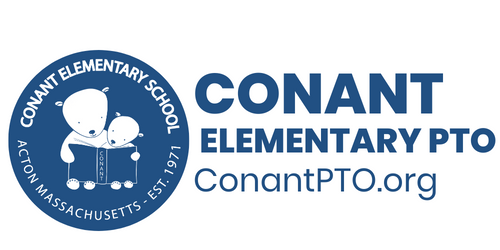November Notes from the Reading Teacher
November Super Reader Theme: Curiosity
This month’s Super Reader strength may be best described in the words of Einstein: “The important thing is to not stop questioning. Curiosity has its own reason for existing.” This month, our students are invited to explore the role of curiosity as a driving force for learning. Students are encouraged to both ask and answer their own questions. When you have the opportunity to read with your child, you may ask, “What are you wondering about?” At times, it could be a character’s decision, or perhaps, how the setting plays an important role in the story. Readers of nonfiction informative texts are often left to wonder and seek to learn more about a favorite topic. Be certain to make visible your own sense of wonder; an autumn nature walk with your child may be the impetus for wonderings about seasonal changes and life cycles of plants and animals. Click here to access the Super Reader Family Guide for Curiosity. Click here to access strength-specific texts organized by grade levels.
In the News...Screen Time Research Updates
Common Sense Media has recently released the 2019 The Common Sense Census: Media Use by Tweens and Teens. This is “required reading” for all of us who care deeply about the potentially positive and negative impacts of screen time on the developing brains of our youth. Click here to view a 1-minute video synopsis of the key findings.
And in an effort not to exclude our youngest children, click here for recently reported research in Science News that considers screen time and the potential association with structural differences in young children’s brains. The key findings in this research according to the article include:
Higher ScreenQ scores were significantly associated with lower expressive language, the ability to rapidly name objects (processing speed) and emergent literacy skills.
Higher ScreenQ scores were associated with lower brain white matter integrity, which affects organization and myelination -- the process of forming a myelin sheath around a nerve to allow nerve impulses to move more quickly -- in tracts involving language executive function and other literacy skills.
The American Academy of Pediatrics recommendations regarding screen time:
For children younger than 18 months, avoid use of screen media other than video-chatting. Parents of children 18 to 24 months of age who want to introduce digital media should choose high-quality programming, and watch it with their children to help them understand what they're seeing.
For children ages 2 to 5 years, limit screen use to 1 hour per day of high-quality programs. Parents should co-view media with children to help them understand what they are seeing and apply it to the world around them.
Designate media-free times together, such as dinner or driving, as well as media-free locations at home, such as bedrooms.
And finally…
In this season of gratitude, I want to take this opportunity to thank our Conant Parent/Family Community for all that you do to support our school. It is through our collective efforts that a positive learning environment is fostered. Remember to visit the Conant Families’ Website for additional resources. It is our hope that you find it helpful.
Hoping to see you at the Annual Conant Book Fair held the week of November 18th!
Warmest gratitude,
~Ann Marie Mercadante-Pastor
Conant School Reading Specialist


